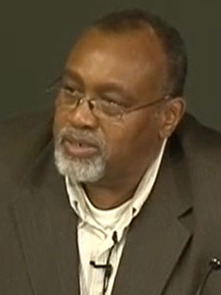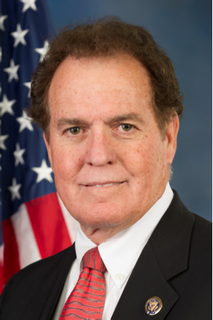A Quote by David Eagleman
My dream is to reform the legal system over the next 20 years.
Related Quotes
I may sound naive, since everyone's decided the next two years are going to be all about 2016, but I look at what's happened over the years when there's been divided government. That's when we've done tax reform, that's when we've done entitlement reform - to move this economy forward on these big issues.
If the states and territories do not sign up to fundamental reform, then my message is equally simple: we will take this reform plan to the people at the next election - along with a referendum by or at that same election to give the Australian Government all the power it needs to reform the health system.
The legal system doesn't work. Or more accurately, it doesn't work for anyone except those with the most resources. Not because the system is corrupt. I don't think our legal system (at the federal level, at least) is at all corrupt. I mean simply because the costs of our legal system are so astonishingly high that justice can practically never be done.
You can put a person in jail for 5 years, for 10 years, or 20 years, for the same crime. We're deciding on 10 years to 20 years, when 5 years would be enough. Okay. The deterrent value, the additional amount of leverage that you get over a criminal to keep them from breaking the law in the first place, associated with making the sentences longer, is de minimous; it's essentially nothing.
I think our legal system needs to be developed. Cases of citizens who are detained and then have to wait much too long for a trial - that is scary, for everyone. When someone commits a crime he needs to be charged quickly. Why does this take so long in many cases? I don't know. Is it because our legal system is still rudimentary? China has promised to modernize its legal system. This has high priority.





































